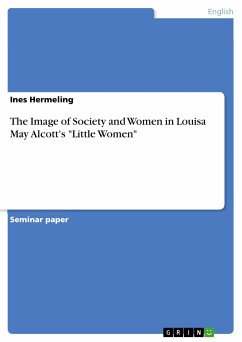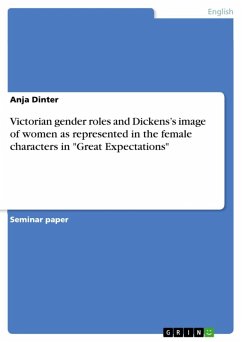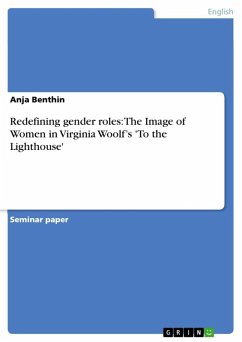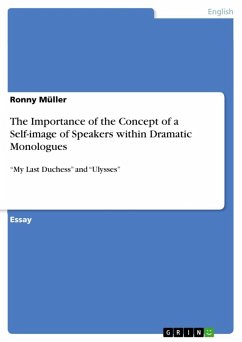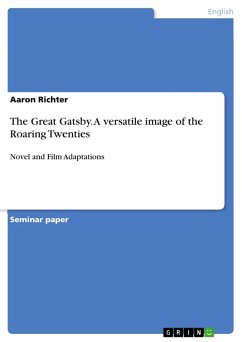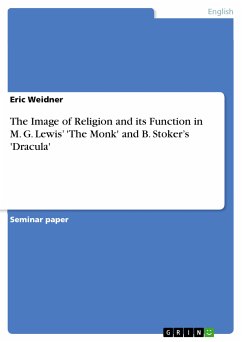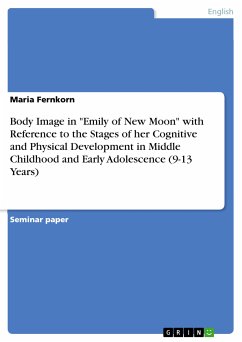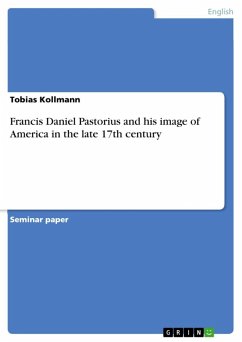Seminar paper from the year 2004 in the subject English Language and Literature Studies - Literature, grade: 2,3, University of Münster (Englisches Seminar), course: Literaturwissenschaftliches Proseminar, language: English, abstract: When Louisa May Alcott wrote part one and two of her famous novel "Little Women" in 1868/69 the main reason for this was money. Being already 35 and having a lot of experience with writing in different genres, she tried to produce a girl`s story and followed her editor`s request. She never expected it to be such a success. Until today the story about Jo, Meg, Beth and Amy has never been out of print and has been translated into twenty-seven languages. In 19th century New England it was regarded modern and unique in children`s literature and despite time has changed, it is still popular with young readers today. But what is it that distinguishes Alcott`s work from that of other children authors of that period and makes her so unique? One central aspect in "Little Women" is the education of the four March-sisters and their growing-up into womanhood. They are accompanied by their loving mother who introduce them into society by giving helpful advice. In how far does this process and the novel at all reflect real life and cultural values of Victorian age? What picture of family life, society and the position of women within it did Alcott develop? To solve this question special attention shall be paid to educational values and sexual definitions of the 19th century described in the book, the importance of work on the one hand and domesticity on the other, the different characters with their individual features, especially of Alcott`s alter ego Jo March. Education plays a very important role in solving the question because it sets the foundation of every individual life and might define the development of a whole society. It will be interesting to analyse the children`s novel and perhaps find both modern and contemporary components in it. With the help of secondary literature - biographies, critical essays, statements of the author herself - it will be possible to answer the question what role society and feminist ideas play in "Little Women". Since Alcott obviously used her own autobiographical background as an inspiration for writing the novel, it is sometimes necessary to look at the author`s life, acquaintances and surroundings as well as to consider the customs, mores and the situation of women and society at all in the 19th century.
Dieser Download kann aus rechtlichen Gründen nur mit Rechnungsadresse in A, B, BG, CY, CZ, D, DK, EW, E, FIN, F, GR, HR, H, IRL, I, LT, L, LR, M, NL, PL, P, R, S, SLO, SK ausgeliefert werden.

